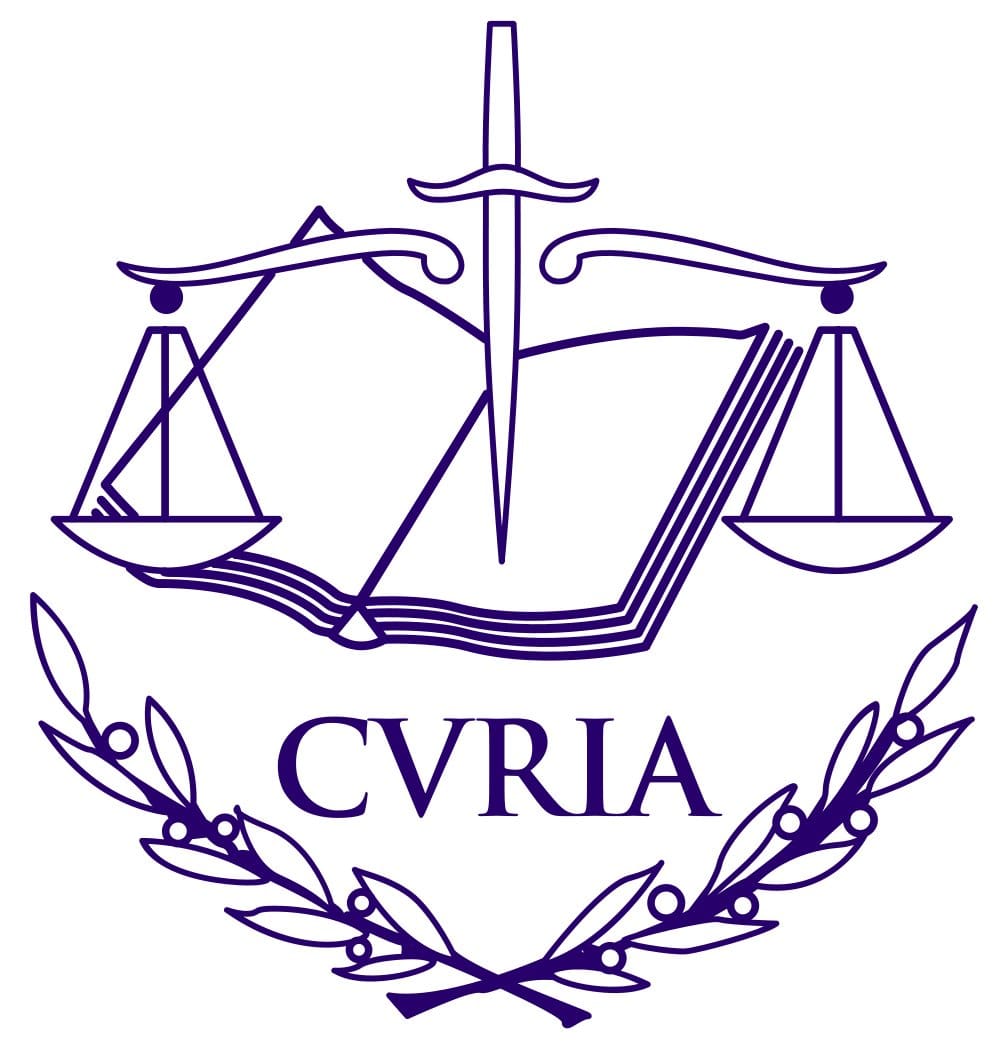 SANTA MONICA, CA – Consumer Watchdog welcomed a ruling today by the Court of Justice of the European Union that invalidates the 15-year-old “Safe Harbor” deal that allowed Europeans’ personal information to be sent to the United States.
SANTA MONICA, CA – Consumer Watchdog welcomed a ruling today by the Court of Justice of the European Union that invalidates the 15-year-old “Safe Harbor” deal that allowed Europeans’ personal information to be sent to the United States.
The nonpartisan, nonprofit public interest group called on Congress to enact comprehensive privacy legislation that would protect both Americans’ and Europeans’ personal information.
The Safe Harbor deal was a way for U.S. companies to assert they were honoring key privacy principles and that Europeans’ data would be protected even though U.S. privacy law is much weaker than European law.
“It’s been clear for years that the Safe Harbor program wasn’t working. Companies self-certified they were complying and there was virtually no enforcement,” said John M. Simpson, Consumer Watchdog’s Privacy Project director. “Today’s court ruling simply recognized that Safe Harbor was a sham that failed to protect Europeans’ data. Now we can move forward to enact meaningful privacy protections that will benefit Americans and Europeans alike.”
Read the Court of Justice's news release here.
Consumer Watchdog said that information on the Internet should flow freely around the world, but this important freedom requires adequate data protection. Safe Harbor failed to provide the necessary protection.
A global framework of effective data protection rules is needed, Consumer Watchdog said. In addition to enacting privacy legislation, the United States should ratify the Council of Europe Convention for the Protection of Individuals with regard to Automatic Processing of Personal Data (Convention 108), which forms a basis for such a data protection framework.
Consumer Watchdog added that the group has two petitions before U.S. agencies that would help protect consumers’ privacy if they are granted. One petition to the Federal Communications Commission asks the agency to require that Internet “edge providers,” like Google and Facebook, be required to honor Do Not Track requests.
The second asks the Federal Trade Commission to find that it is unfair and deceptive for Google to honor Europeans’ Right To Be Forgotten requests, while not honoring those requests in the United States. Under the Right To Be Forgotten people can request the removal of search engine links from their name to information that is inadequate, irrelevant, no longer relevant, or excessive.
Read the two petitions here:
To the FTC: http://www.consumerwatchdog.org/resources/ltrftcrtbf070715.pdf
To the FCC: http://www.consumerwatchdog.org/resources/fccdntpetiton061515.pdf
– 30 –
Visit our website at www.ConsumerWatchdog.org











